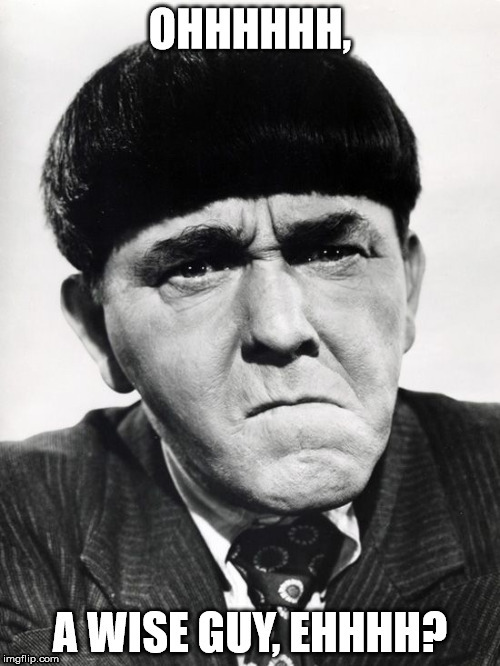- Joined
- Apr 22, 2007
- Messages
- 80,688
- Reaction score
- 9,915
IT DIDNT HIT NOTHIN IMPORTANT
I’ve rewatched it since I wrote this; showed it to someone who I knew would love it.
I actually enjoyed it much more the 2nd time around. Knowing what it was now, not having any expectations, I just got much more into the nuance of each one, & appreciated the whole thing a lot more.
Well, maybe I'll give it another try and pay more attention to the Frenchman.
Smart old fucker. Stupid young buck. Gotta have nthat double tap
Im seriously not understanding what the big fucking deal abiut this guy is.... i googled him and havent seen any of his movies.
He's one of the most famous singer/songwriters of the 20th century, back during the age of rock, prior to hip-hop. Before my time. He represents the seedier, more intellectual, philosophical, and perhaps more cynical-- yet still blue collar-- facet of this scene. He was infusing jazz into his music. Worldly sounds, too, like the classical cabaret sounds of the French. His focus was not at all on voicecraft from a traditional point of view. You might call it anti-crooner.Im seriously not understanding what the big fucking deal abiut this guy is.... i googled him and havent seen any of his movies.
The short answer is his music sucks, but it's technically well made.

I listened to it (a little) and it sounds like the epitome of hipster bullshit. Out of 10 songs only one was remotely palatable and it was the oldest of the bunch. Just him riffing over a jazz band.
From listening to an excerpt from 1 song. You'll never be proven right or wrong if you're not open to actually listen to it. He has an amazing fanbase. The dude is a poetic genius and you didnt even consider what he said. Just how he sounds...I listened to it (a little) and it sounds like the epitome of hipster bullshit. Out of 10 songs only one was remotely palatable and it was the oldest of the bunch. Just him riffing over a jazz band.
Post a "great" tom waits song and lets see what others think.
He's a 2/10 singer and a 4/10 musician. All he has is being weird.
Well it's the only place they can go all-in without fear of censorship. Theater is so PC they would likely give Buster a 18+ rating...If coen bros are making straight to netflix films, then the theatre is dead
Ah, a troll.2/10 poster
Great insights, but you're missing the thread that ties them together.I loved. Here is my take. The movie deals with human nature (death) and plays with the public's expectations, history, and even the industry.
The Ballad of Buster Scruggs.
It is basically a Looney Tunes Cartoon. If the Wild West was portrayed as in the movies, the plain good guy would also be a psycho. It plays with the expectations of who dies.
Near Algodones
It plays with the image of justice and retribution. James Franco survives an execution for robbery only to be executed for a crime he didn't commit.
Meal Ticket
It's all about the industry. How it will treat you well, and do anything for you until the moment you are not useful anymore and the public prefers watching a chicken count than to hear the most important works of western civilization.
All Gold Canyon
It is about retribution again. Sometimes some stories end well and justly. Sometimes.
The Gal who got rattled
By putting the story on the woman's perspective and portraying her as an active agent, intelligent and nice, she represents the public. And the fact is, no matter how great you were, you probably wouldn't have survived either. The fact that virtually everyone watching the movie wanted the dog to survive shows that.
(For the dog was the reason why the girl got out of the caravan's way and got the Comanches after them. The dog should have died.)
I am glad they didn't ignore how violent Comanches were and that, with all the deconstruction of the genre, there were some real-life badasses out there like Arthur.
The Mortal Remains
The Hedonist Gambler, the God-fearing woman and the low-class furbearer hunter are actually dead. Everyone dies. What awaits them is a universal question: What will happen next?
